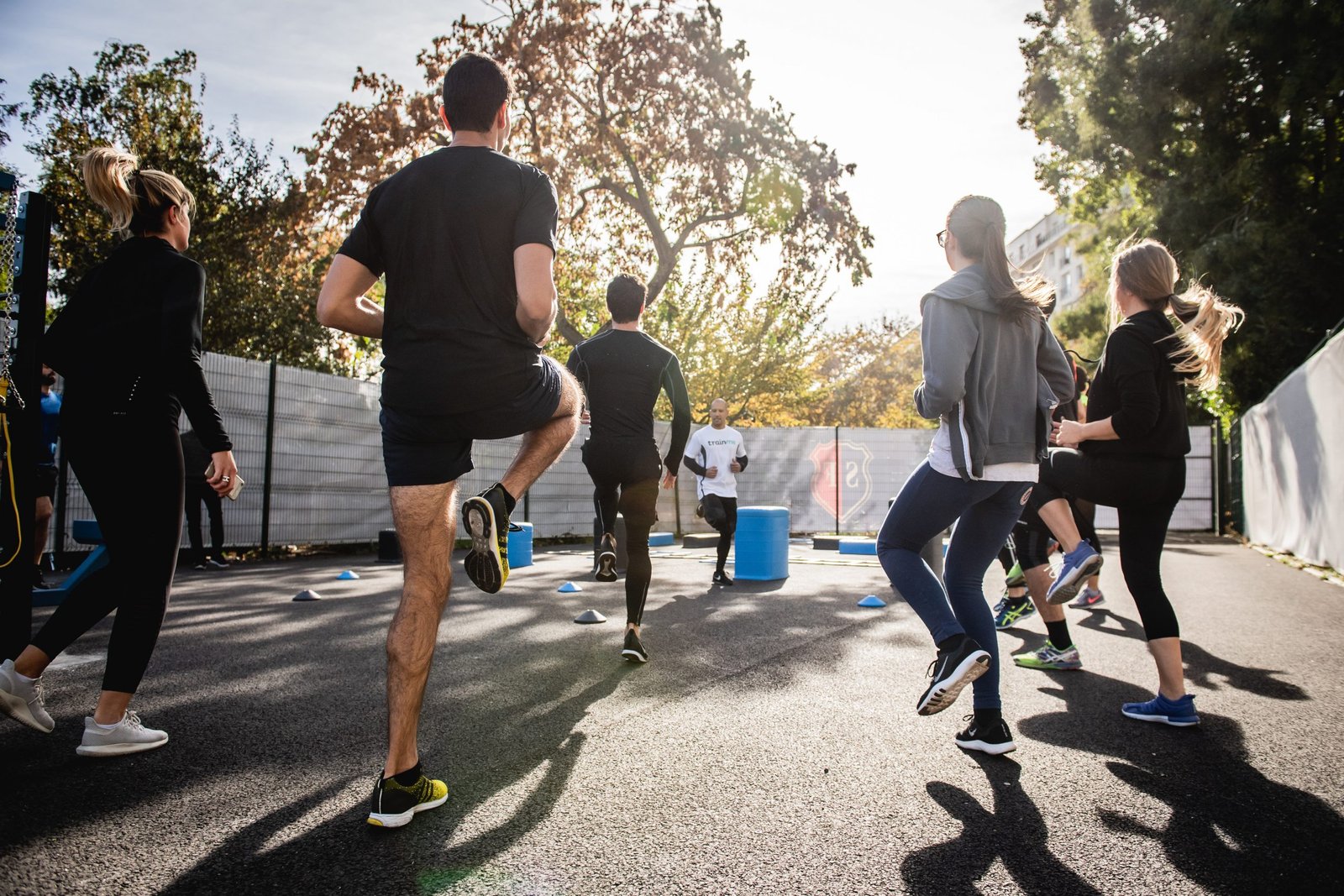Do you find yourself feeling anxious, nervous, or stressed out? If so, you are not alone.
Anxiety is a widespread human emotion that affects most people at one point in their lives.

For some, it may be occasional, and for others, it may be chronic – but either way, it can lead to an unhealthy lifestyle if left untreated. Luckily there are ways to reduce anxiety without taking medication! This post will discuss five tips to help reduce your daily anxiety levels naturally.
#1 Practice healthy sleeping habits
The body requires two types of sleep – REM (rapid eye movement) and NREM (non-rapid-eye movement). This cycle goes in order through various stages of both types. During the latter, your brain is essentially shutting down for rest, which means it is essential to get enough rest during this time. Staying up late or getting less than 6 hours of sleep at night can increase anxiety levels, leading to many other problems. For example, lack of REM sleep decreases concentration and memory while increasing irritability, moodiness, depression, weight gain, etc. Lack of sleep can lead to more frequent and even more extended periods of anxiety. The body needs rest to fight off the effects that stress has on it – if you don’t give it enough time, your mind will suffer as a result.
#2 Try to exercise daily
Exercise has been scientifically proven to reduce stress and anxiety and increase overall feelings of well-being. It is important not to overdo it, though – those who have anxiety should work out at a moderate level for 30 minutes per day which will produce the same benefits. Exercise also releases endorphins in the brain, which act as painkillers to relieve tense muscles and help you feel better about yourself. A great way to incorporate exercise into your schedule is to join or form a gym club with friends or co-workers. Not only does this provide healthy competition, but it also offers social support in addition to encouragement. Plus, you’re more likely to continue if others are doing it too!

#3 Regularly test your hearing
Testing your hearing regularly can help detect any sudden changes that may cause you anxiety. Hearing loss is often associated with older people, but it can also be caused by other issues such as ear infections or deterioration of the inner ear. This is one of the most common signs of hearing loss – if left untreated, it could lead to chronic unhappiness and depression. It’s important to note that even a slight loss in hearing ability (up to 25%) can already be enough to make someone feel anxious, so doing this test regularly will make sure everything is okay. It only takes a few minutes, and it could save you from possible severe health conditions! You could even pair hearing aids to your smartphone thanks to technology that has made it extremely easy to still live a normal life.
#4 Meditation always works
Meditation is one of the fastest ways to reduce stress levels. Not only has it been proven time and again to be effective, but so many people have already experienced its benefits firsthand. It can also help with other conditions such as insomnia, allergies, asthma, heart disease, etc. There are several different types of meditation – some are easy, while others may take a lot more practice. The significant part about this relaxation technique is that you can do it anywhere since it does not require any extra equipment or materials.
#5 Surround yourself with the right people
Surrounding yourself with positive people can help prevent and reduce anxiety. It may be easy to find friends who complain a lot about their lives, but it is crucial to surround yourself with those who bring you happiness and support rather than sadness or anger. You want the people around you to make you feel good – this will improve your quality of life and theirs! Even if it’s hard at first, try to avoid those who only make you feel worse. If they don’t make an effort to change, perhaps it is time for them to move on from their lives to open up other friendships.

There are many ways to reduce anxiety levels. We all have different ways of coping with stress, so it is essential to find what works for you to prevent further health issues. In addition, knowing what triggers your anxiety will make it easier to avoid certain situations or at least be prepared for them.






